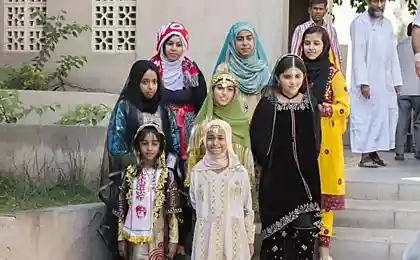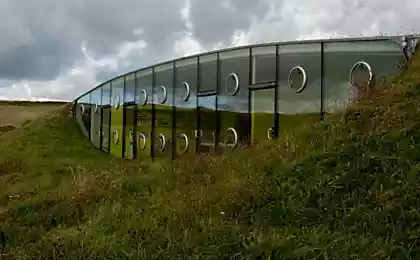222
What is worth adopting from residents of Eastern countries
I have always been interested in learning about the cultures of other countries and learning new habits from them. As a child, when my family and I were visiting my uncle in Georgia, I realized that the most interesting thing was to watch people’s lives. Another language, clothing, or national cuisine is all on the surface. The most interesting thing can be seen only in everyday, routine things.
I spent three months in Turkey and then two months in Azerbaijan. Our university sent us there for summer practice. It so happened that there and there I managed to live in the family, and not wandering around in hotels.
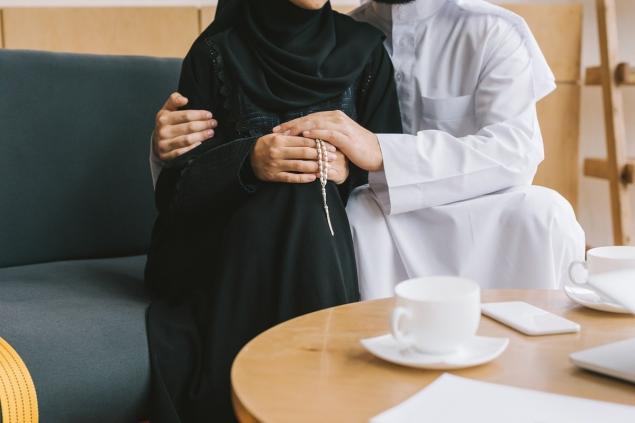
Both families practiced Islam. To be honest, I had some prejudices about this before, but I decided to look at it with research curiosity. As a result, we had a warm relationship with our families and they taught me a lot. I still remember that time with warmth.
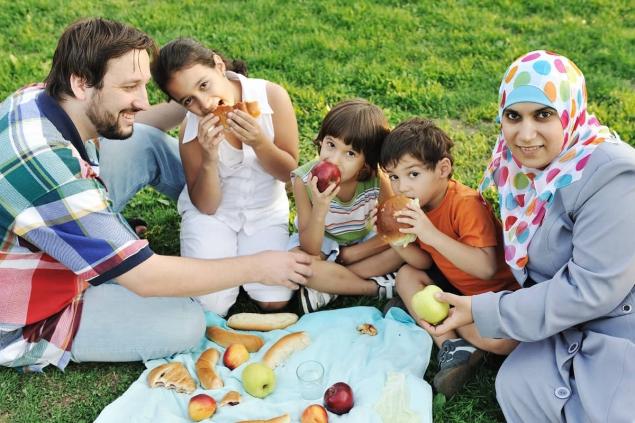
Today's edition. "Site" tell you habit Orientals and why we should learn from them. We don't insist, we just recommend it.
I will not say that these are some unusual truths or something that completely changes life. No, it's more of a banal thing that I just didn't think about before. I thought it was habit. So I adopted them. They didn’t change my life, but they did improve it.
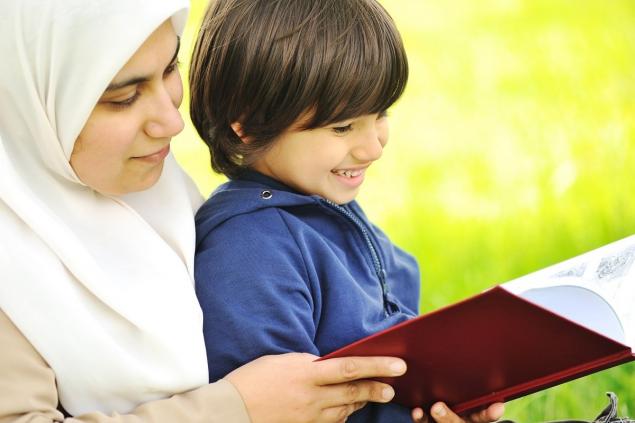
Washing my hands before and after eating Before all the comments, I will say: my mother taught me to wash my hands. It's just that we can't say that we pay too much attention to this in our family. The main thing is to wash when they came from the street. Easterners have a slightly different attitude to this. According to their rules, hands before meals should be washed so that water droplets remain on the hands, and after eating again wash and wipe dry.
The mother of that family was very strict about it. So I learned it with them. Now it's a habit I don't even notice. However, it helped me to become cleaner and cleaner my life. The phone, the laptop, the desk -- it's all cleaner. You don't have to wipe your handprints so often.
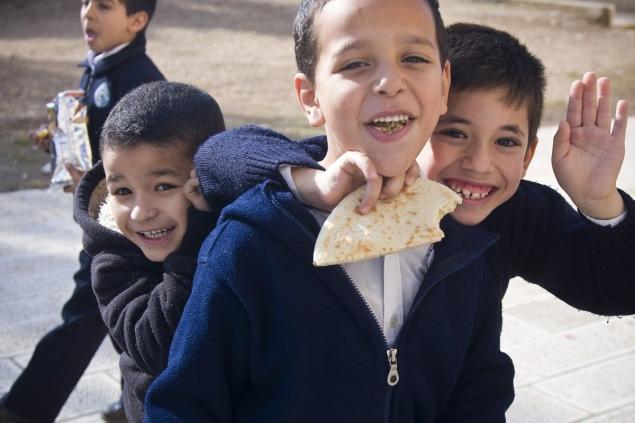
Muslims also rinse their mouths before and after eating. At first I was surprised by this habit, then intrigued. I eventually did it myself. Instead of regular water, I use a mouthwash. Of course, the condition of the gums has improved significantly, and the smell from the mouth no longer bothers.

When I was a kid, when I complained that the food was too hot, my mom would say, "Don't you have wind under your nose?" You can hardly hear anything like this from your mother in Turkey. They are not allowed to eat, as is even mentioned in the Quran. So they don't eat hot, they wait until everything cools down.
I think that makes sense. It may not be part of religion for me, but the benefits to the body are obvious. It helps to eat slowly and not to eat hot. According to doctors, it is useful to eat warm food. So with this habit it is possible to follow medical recommendations.

Eat in small pieces and do not take food until you chewed the previous one It seems to be simple rules, but how often do you follow them yourself? For example, I rarely stuck to that. I always ate fast, almost on the run. They eat slowly and chew well. Again, it is very useful for digestion.
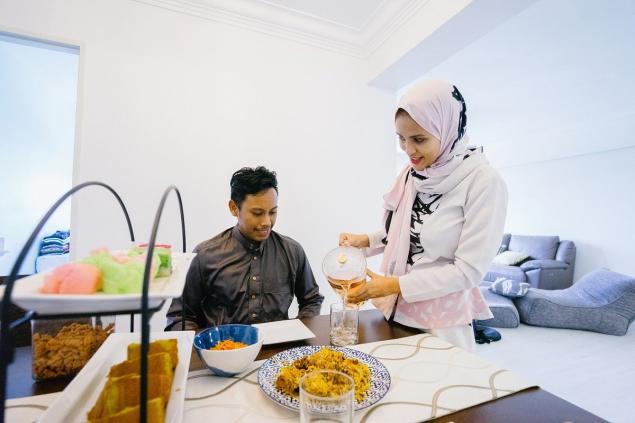
One of the habits that impressed me the most was the widespread use of a hygienic shower. At the time, I didn't know what that was. But now I have one at home too. I think it is convenient, and corny increases the level of hygiene.
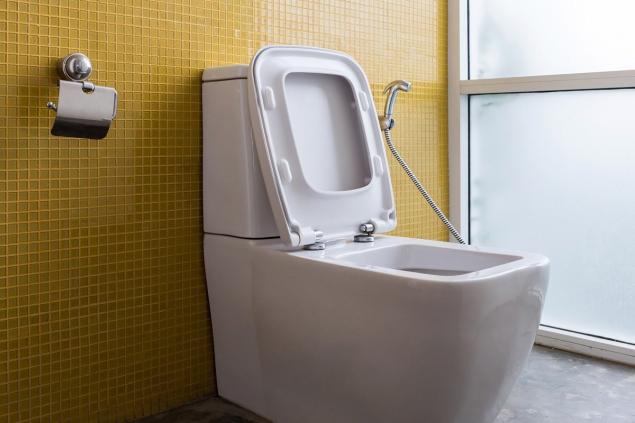
All these rules seemed useful to me. More than five years have passed since then, and I continue to adhere to them. So new habits became quite common, and I certainly do not regret them.
I spent three months in Turkey and then two months in Azerbaijan. Our university sent us there for summer practice. It so happened that there and there I managed to live in the family, and not wandering around in hotels.

Both families practiced Islam. To be honest, I had some prejudices about this before, but I decided to look at it with research curiosity. As a result, we had a warm relationship with our families and they taught me a lot. I still remember that time with warmth.

Today's edition. "Site" tell you habit Orientals and why we should learn from them. We don't insist, we just recommend it.
I will not say that these are some unusual truths or something that completely changes life. No, it's more of a banal thing that I just didn't think about before. I thought it was habit. So I adopted them. They didn’t change my life, but they did improve it.

Washing my hands before and after eating Before all the comments, I will say: my mother taught me to wash my hands. It's just that we can't say that we pay too much attention to this in our family. The main thing is to wash when they came from the street. Easterners have a slightly different attitude to this. According to their rules, hands before meals should be washed so that water droplets remain on the hands, and after eating again wash and wipe dry.
The mother of that family was very strict about it. So I learned it with them. Now it's a habit I don't even notice. However, it helped me to become cleaner and cleaner my life. The phone, the laptop, the desk -- it's all cleaner. You don't have to wipe your handprints so often.

Muslims also rinse their mouths before and after eating. At first I was surprised by this habit, then intrigued. I eventually did it myself. Instead of regular water, I use a mouthwash. Of course, the condition of the gums has improved significantly, and the smell from the mouth no longer bothers.

When I was a kid, when I complained that the food was too hot, my mom would say, "Don't you have wind under your nose?" You can hardly hear anything like this from your mother in Turkey. They are not allowed to eat, as is even mentioned in the Quran. So they don't eat hot, they wait until everything cools down.
I think that makes sense. It may not be part of religion for me, but the benefits to the body are obvious. It helps to eat slowly and not to eat hot. According to doctors, it is useful to eat warm food. So with this habit it is possible to follow medical recommendations.

Eat in small pieces and do not take food until you chewed the previous one It seems to be simple rules, but how often do you follow them yourself? For example, I rarely stuck to that. I always ate fast, almost on the run. They eat slowly and chew well. Again, it is very useful for digestion.

One of the habits that impressed me the most was the widespread use of a hygienic shower. At the time, I didn't know what that was. But now I have one at home too. I think it is convenient, and corny increases the level of hygiene.

All these rules seemed useful to me. More than five years have passed since then, and I continue to adhere to them. So new habits became quite common, and I certainly do not regret them.
What shoes can be thrown away without excuses
How to clean the washing machine tray from washing powder and contamination

















